
Why I love Kindle
Second in a series. I had a nice surprise Valentine’s Day gift delivered to my door this morning -- a box of ten copies of my new novel (I Know What You Did Last Supper) courtesy of my publisher and fresh off the press. It seemed weird holding the book. Not just because it’s my first novel (co-authored with a friend), but because I haven’t held an actual book for maybe two years now.
When the Kindle first came out, I resisted it. I’ve loved books since I was child, and couldn’t ever imagine switching to an ebook reader. But then I was given the device as a Christmas present in 2009 and despite all my reservations fell in love with it almost immediately.
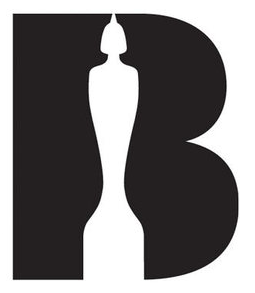
Get your phones ready -- The Brit Awards to be Shazam-enabled
British broadcaster ITV has agreed to a deal with Shazam -- the popular music identification service -- allowing viewers of this year’s The Brits music awards to access exclusive content during the live broadcast -- a UK first.
By using Shazam to tag the show between 8pm and 10:15pm on February 20, viewers will get access to exclusive behind-the-scenes content from performers and guest presenters.
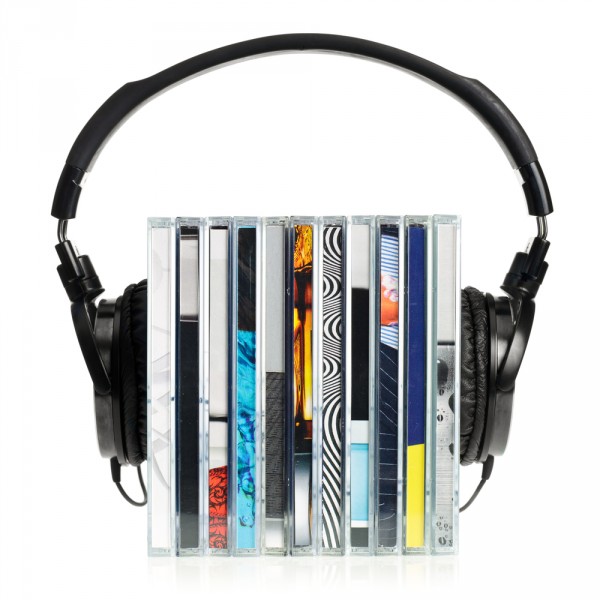
eMusic cuts out subscriptions, opens store to everyone
eMusic, the audio download and streaming service founded in 1998, gets less attention than it deserves. But that may now be about to change with the announcement of a major move last night. The site, which is home to countless independent artists, has tried to become more mainstream, but has suffered due to its subscription model which places an enormous constraint on sales.
In the past, customers would need to purchase a subscription in order to simply access the store and buy a song -- a major deterrent for many would-be buyers. But now the company has lifted the restriction and opened up the store for everyone.
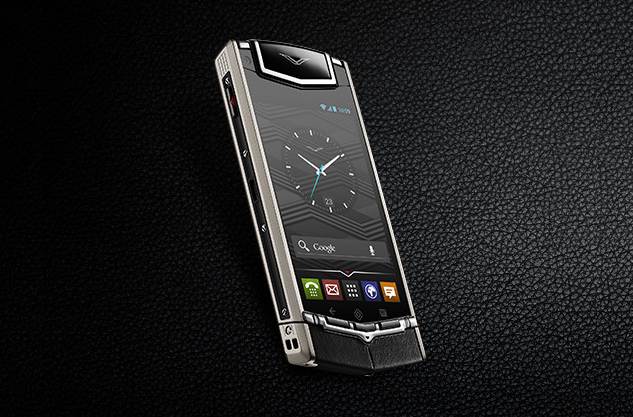
Vertu launches its first Android smartphone. Anyone got a spare $21,700?
Luxury British smartphone manufacturer Vertu used to be owned by Nokia and made its name producing incredibly expensive Symbian handsets. But times move on, and the company is now focusing on producing incredibly expensive Android handsets.
The first new product of this endeavor is the Vertu Ti. The 3.7-inch device sports a brushed titanium frame (making it up to five times stronger, and at 180g (6oz) quite a bit heavier than most other phones), with real leather trim and a sapphire-screen.
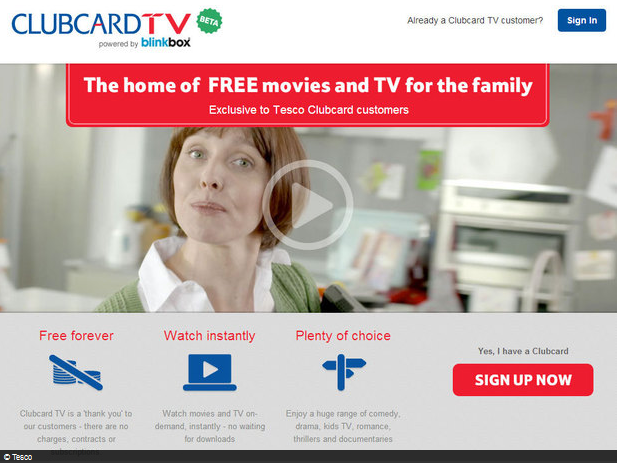
Tesco launches free Netflix rival
UK supermarket chain Tesco is set to launch a free online video streaming service called Clubcard TV.
Currently being internally beta tested by employees and set to launch officially this spring, it will (as the name suggests) be available to all shoppers with a Tesco loyalty card. And the really good news is it will be entirely free. According to Tesco, the new service is a "thank you to our customers -- there are no charges, contracts or subscriptions". Rumors that

Making the case for the smart watch
With all apologies to my colleague Joe Wilcox, who bashed the Apple rumor of an "iWatch", I must respectfully disagree. I get his point, don't get me wrong. Most people of the "modern" generation do not even wear watches. In fact, they may not even own them. The cell phone has become the time piece of choice in today's world. I also understand that a watch is not the ideal place to check your email. The screen is simply too small.
However, there are uses for these devices for some of us. Not all of us, but some. I am a runner. Have been since middle school -- more years ago than I care to mention. Those of us who ran cross country and track, and later moved to road races, care about time and smartphones don't cover it. Sure there are apps for that -- Map My Run, Run Keeper, Nike...they all do the job. My colleague Wayne Williams loves Zombies, Run! But, who wants to strap a 4.5-inch screen to their arm and go for a run?
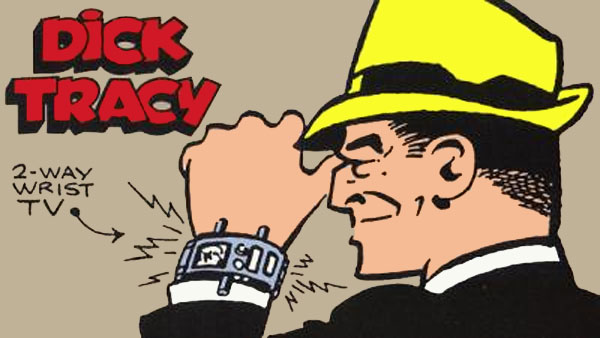
Lamest Apple rumor yet: iWatch
Either Apple has gotten so good at keeping secrets that no one knows what's next, or there ain't nothing new to gossip about. That is my reaction to the Wall Street Journal weekend story claiming the company is working on a wrist-watch. Move over Casio! Stop saving for Rolex! Because the fruit-logo company's next, big thing -- the new category to rival iPhone and iPad -- is the timepiece? Surely CEO Tim Cook and Company realize that many people get the time from computer or smartphone.
Some advice to Apple: Talk to "been there, done that" Microsoft, which made valiant effort with Smart Watch, only to fail. There was some real innovation behind the concept, using FM radio to transmit news, traffic and other data to the timepiece. But smartphones, more today than they did then, provide the same information. Will it really sell on the wrist?
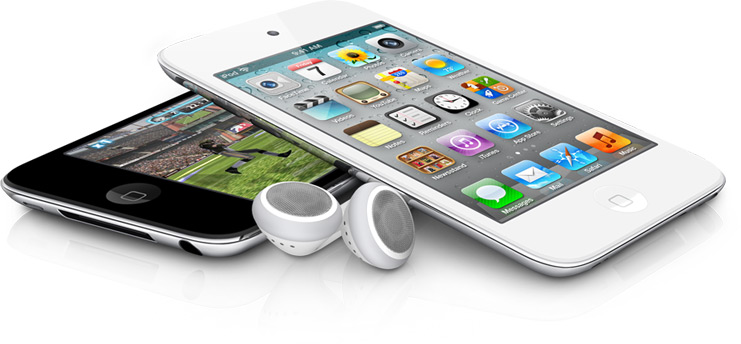
iPod's end draws near
Debate is fierce about whether smartphones and tablets cannibalize PC sales. Surely, we can all agree that these device subsume dedicated MP3 players. Top-selling iPod is product in declining demand, while today NPD puts hard numbers behind changing music-listening habits. Which reminds me, I promised to set up my wife's Rdio account over the weekend. We got a family plan a few days back. She'll stream on Google Nexus 4 or 10 and download some tracks for offline ear-banging.
She's not alone. Fifty-six of U.S. smartphone users listen to music on the device -- 40 percent for tablets, according to NPD. I'm in the latter category on Nexus 7. Consumption is up, with 54 percent of smartphone music listeners doing more than a year ago and 39 percent tuning in at least once a day.
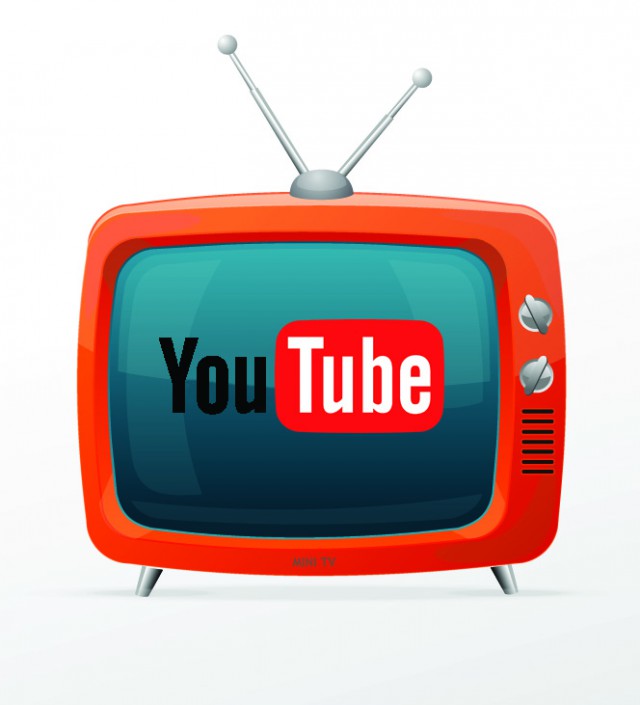
Dedicated YouTube channel coming to British TV
Freesat, the BBC and ITV-backed satellite TV operator, has unveiled plans to launch a dedicated YouTube channel from next month. This will be the first time Google’s service has been made available through a free-to-air provider in the UK.
Available by the end of March, the YouTube channel will be the very latest iteration built on HTML 5 and, according to Freesat, offer a "TV-optimized, visually stunning and fully interactive viewing experience". Viewers will be able access videos to watch through the main programming guide.
Peter Sherman, Product Marketing Manager for YouTube said, "We’re happy to be working with Freesat so that Freesat users can now access YouTube from the platform. Our creator community is developing quality content that will delight and inspire viewers and we’re pleased to be able to bring it to people in new ways".
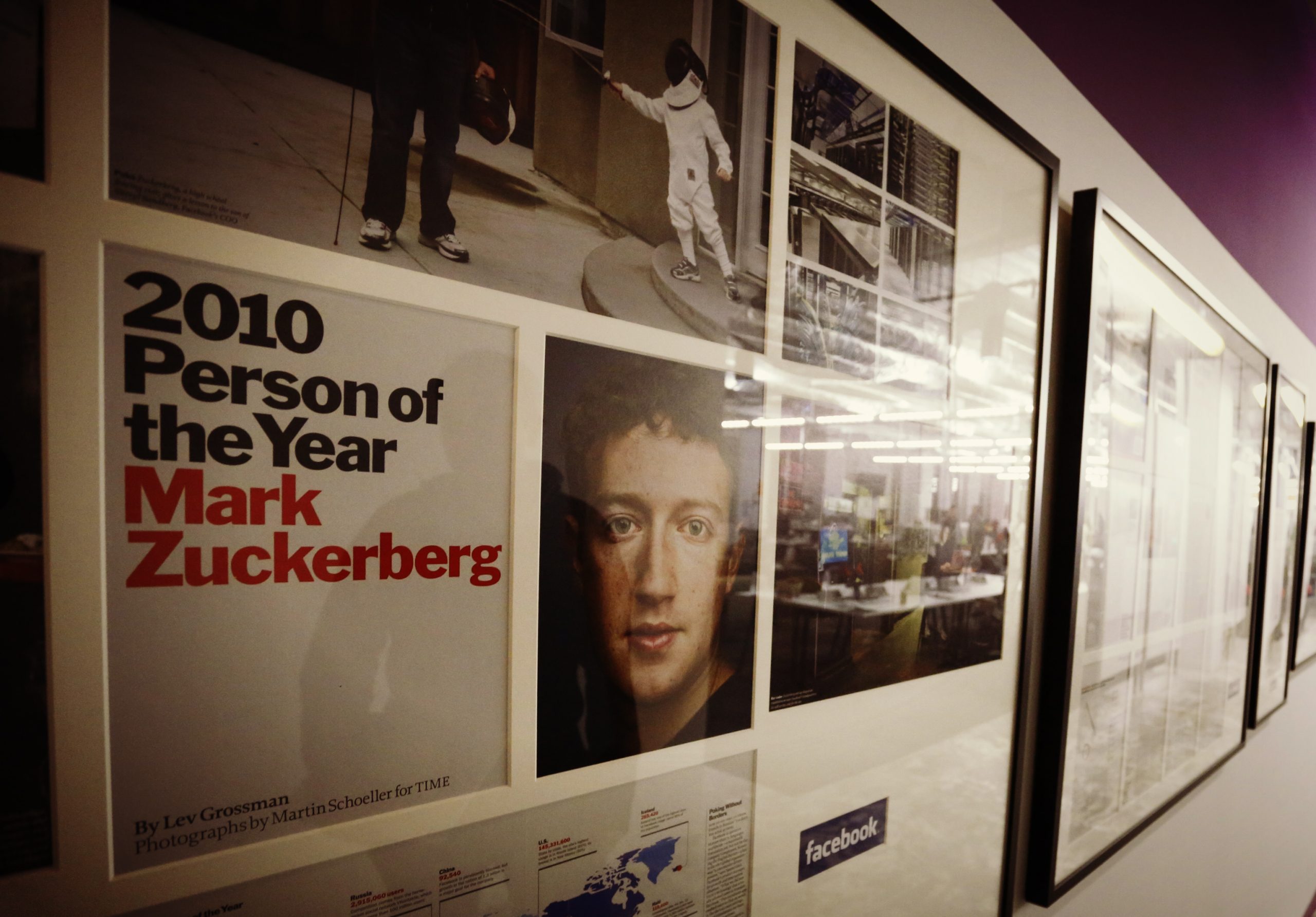
More Americans take Facebook vacations
That's not on the social network but away from it. Bad for Facebook: The youngest, and presumably most active users, are the most likely to step away this year for prolonged breaks, according to Pew Internet.
"Sixty-one percent of current Facebook users say that at one time or another in the past they have voluntarily taken a break from using Facebook for a period of several weeks or more", according to report "Coming and Going on Facebook", which published this week.

Believe it, smartphones and tablets make people use PCs less
What a difference three years make. In April 2010 I asked "Will iPad cannibalize Mac sales?" and a month later PC sales. Fast-forward 12 months, NPD answered a definitive "No". I disagreed: "Call me cynical and skeptical, but I'm convinced that changing behavior will cause many smartphone buyers, and many more tablet adopters, to delay PC upgrades".
Today, NPD sees things a little differently, based on fresh survey data that puts context behind two years of declining PC sales -- that despite Windows 8's release little more than three months ago. The firm finds that 37 percent of US consumers now access content on smartphones or tablets they used to on PCs. Changing behavior like this affects computer sales, as consumers shift behavior and delay PC upgrades or don't buy ever.

Accidental Empires Part 1 -- an accidental story in the making
First in a series. February, 2013 -- We stand today near the beginning of the post-PC era. Tablets and smart phones are replacing desktops and notebooks. Clouds are replacing clusters. We’re more dependent than ever on big computer rooms only this time we not only don’t own them, we don’t even know where they are. Three years from now we’ll barely recognize the computing landscape that was built on personal computers. So if we’re going to keep an accurate chronicle of that era, we’d better get to work right now, before we forget how it really happened.
Oddly enough, I predicted all of this almost 25 years ago as you’ll see if you choose to share this journey and read on. But it almost didn’t happen. In fact I wish it had never happened at all…
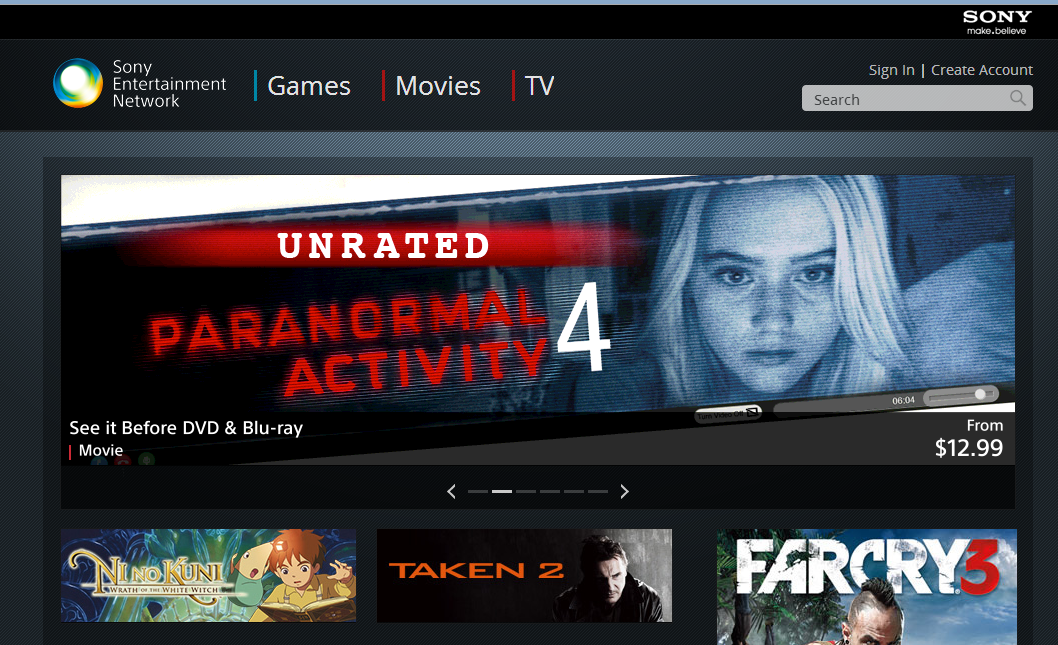
Sony Entertainment Network launches with movies, games and TV shows
If you are looking to cut the cord to your cable or satellite provider, you have an ever-increasing number of options to fill that sudden void. There's Hulu, Netflix and the recent Redbox Instant, and that's just a few of the big players. And now there's another option. Sony, still a giant in the entertainment business despite lagging profits, has launched its Entertainment Network in the United States, Canada, Mexico, and Brazil.
Sony has previously made some of its content available via its Crackle service, which can be accessed both online and through a mobile app. However, that service has a pretty limited amount of material, especially when compared to the new Sony Entertainment Network.
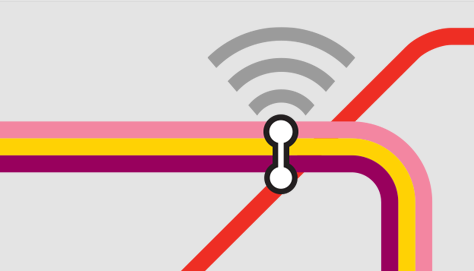
Virgin Media to begin charging for Wi-Fi on the London Underground
Introduced in time for last year’s Olympics, Virgin Media’s free Wi-Fi service has proven to be a big hit with people travelling on the tube, but all good things come to an end, and this particular gravy train is about to terminate. Well, for some people at least.
Although Virgin will be ending its free-to-all Wi-Fi service from Tuesday (29 January), the good news is if you’re a Virgin Media broadband or mobile customer, or are with EE (Orange and T-Mobile), or Vodafone, you’ll be able to continue to use it for gratis. So that’s bad news for O2 and 3 subscribers in particular.
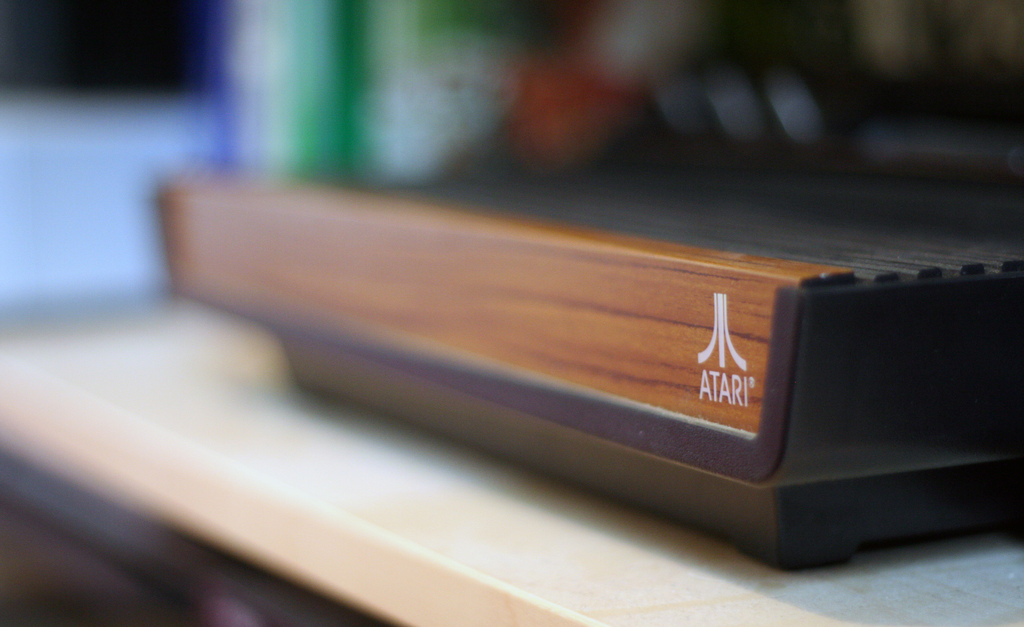
Atari may be bankrupt, but its games are still available everywhere
This week Atari, the game system that my generation grew up with, filed for bankruptcy. It's a sad end to an icon of youth, but, still, the company's legal troubles do not spell an end to everything. First, while there are legal nuances that I will not detail because of the complications they bring with them, the important thing is what Atari meant to all of us -- games. Simple, 8-bit joy, created with the 2600 way back in the dark ages of 1977.
Just because the company experiences financial woe does not mean its legacy will cease to exist. The games live on in many forms, and we can still relive our youth whenever that nostalgic mood strikes.
